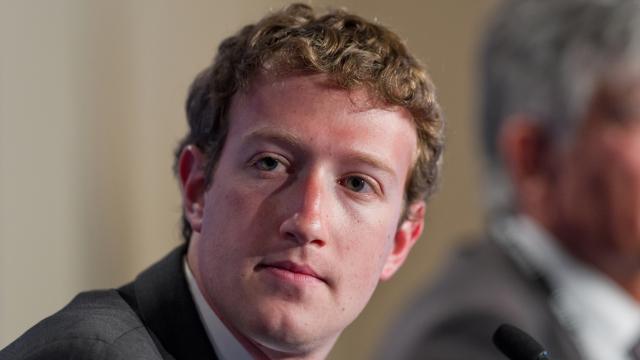By now everyone’s seen the news (somehow): Facebook has pulled news in Australia.
But as much as the company wants to paint it as unavoidable, this decision, the timing and the method is all Facebook’s choice. They could reverse it whenever they want — they just don’t want to.
Facebook’s decision to stop showing news content to Australian users is their response to the Federal Government’s controversial news media bargaining code.
The code is meant to address the power imbalance between Facebook, Google and Australian news publishers.
It essentially sets the guardrails for a forced negotiation if the tech giants and publishers can’t come up with their own agreement on how to pay publishers for news content.
The code — currently before Parliament — also includes a few other stipulations like giving publishers notice of algorithm changes and clauses to stop Google and Facebook picking and choosing publishers to show content from.
It should be noted that the code itself has faced criticism from people other than the platforms. Plenty of experts have reasonably argued the code doesn’t make sense as constructed, entrenches big media companies, misrepresents the relationship between publishers and platforms, and fundamentally undermines the idea of the free internet.
But that that doesn’t matter — yet. The code itself is not law.
And the other tech company set to be subjected to the code, Google, has already hammered out deals with some major Australian publishers, with more on the way. This means that they won’t have to go through forced negotiation, avoiding the potential risk of having to pay astronomical amounts.
So why has Facebook decided to pull the plug before they had to? Because they chose to.
Facebook chose to do it before it was necessary, presumably as a negotiating tactic with both the government and publishers.
Facebook chose to do it during a pandemic, days before a crucial vaccine rollout, on a day where Australians are threatened by rain and fire danger.
Facebook chose to enforce this slapdash decision using a “a combination of technologies“, meaning that non-news pages have been restricted including the Bureau of Meteorology, health authorities, domestic abuse services, charities, politicians small publishers note included by the code.
Me to Facebook: Is the Bureau of Meteorology considered an Australian news publisher or was it mistakenly blocked?
Facebook spox: It is not – we are working to reverse this. pic.twitter.com/S8aSSIprdi— Queenie Wong (@QWongSJ) February 17, 2021
Facebook chose to do it while misinformation is still rife on the platform, spouted from everyone from official figures like Craig Kelly to conspiracy groups to scammy fake news publishers.
This is the choice that Facebook made to avoid taking part in a process that would force them to pay for news.
There’s no doubt that the code is flawed. But Facebook has spent more than a decade positioning itself as the internet’s town square and claiming that journalism is crucial to civic society.
Today’s decision shows how ridiculous that is.
Facebook isn’t accountable to citizens and it isn’t valued on how well it promotes democracy. It answers to shareholders and it’s valued on how much money it makes. And whether it’s calculation is right or not, Facebook’s decision was made to protect the tech giant’s own bottom line.
Which, ironically, strengthens the case for regulation of the tech giants. Changing the algorithm overnight to damage news publishers is exactly the sort of risk that the code hopes to mitigate.
That this happened is a failure of both Facebook and the government — and it’s Australians who will be paying the price.
